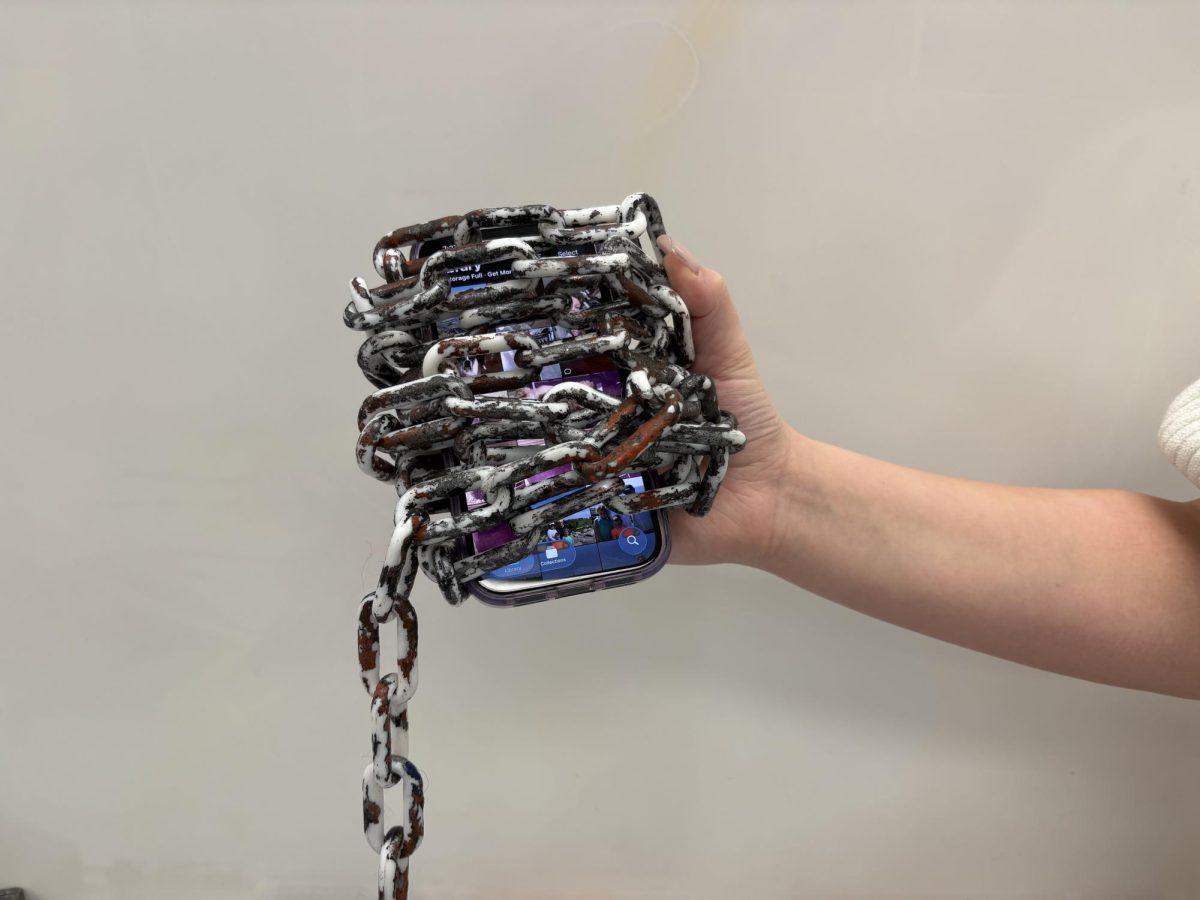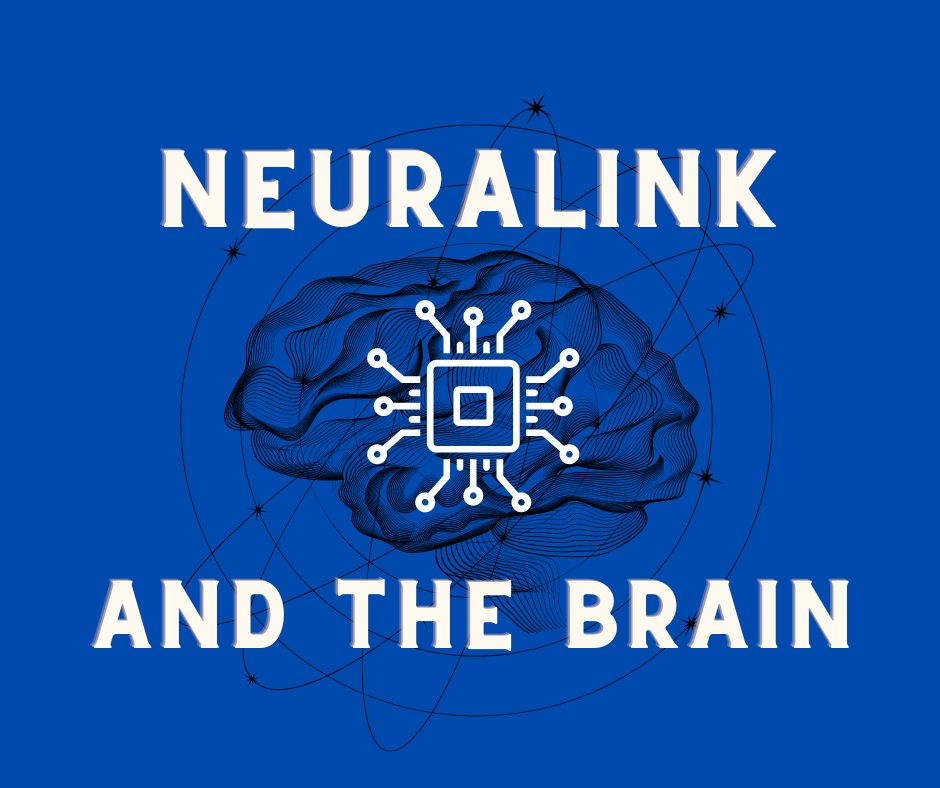On Sunday Jan. 28, the first human received Elon Musk’s Neuralink implant. Neuralink is implanted into the region of the brain that controls movement, and the chip has the ability of many different functions ranging from restoring motor functionality to enabling a link from the brain to a computer.
The device is about the size of a coin and uses wires going into the brain to create a Brain-Computer Interface. The interface receives and registers brain activity and sends it over to another device, such as a smart phone or computer, through a Bluetooth connection. The first product, called Telepathy, would allow people to control their phones or computers “just by thinking,” said Musk.
For now the recipient is still unknown, and most of the information acquired is through Musk’s posts on X (formerly known as Twitter). On Monday, he posted stating that the patient received the implant the day prior and was “recovering well.” As of now, Musk has posted little additional information about the patient’s condition.
The initial goal of the chip was to allow people to control a computer cursor or keyboard with their thoughts. According to Neuralink, “brain-computer interfaces have the potential to change lives for the better.” The current mission, as posted on Neuralink’s website, is to “create a generalized brain interface to restore autonomy to those with unmet medical needs today and unlock human potential tomorrow.”
The US Food and Drug Administration approved the human trial phase in May of 2023, which has allowed the company to collect data on the effectiveness and safety of the device. As of now, Musk said that the “initial results show promising neuron spike detection.” This means that the brain’s neurons are successfully transmitting chemical and electrical signals around the body with the device. This kind of activity allows humans to carry out everyday functions such as talking.
In the past, Neuralink has carried out testing on monkeys and pigs. The monkeys with the implant were able to play basic video games and move a cursor on a computer screen. There has been no reported deaths in the monkeys, however, there have been side effects such as paralysis, seizures and brain swelling.
Experts have also raised many ethical questions about the chip. With Musk’s vision of Neuralink, they have privacy and surveillance concerns.
Only time will tell what effect Neuralink will have on the world.










































































